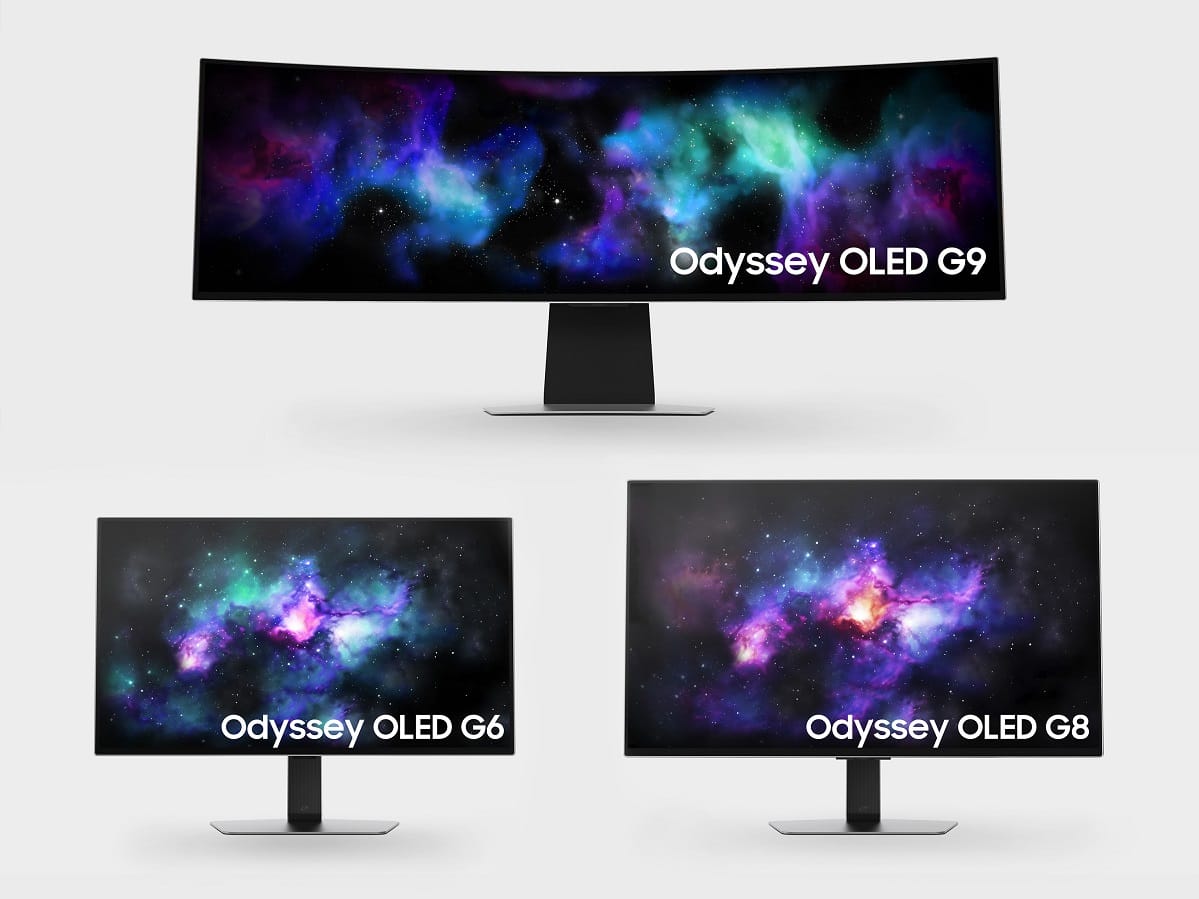Sony has officially responded to the recent PlayStation Network (PSN) outage that spanned more than 24 hours, marking one of the most extensive periods of disruption in the network’s history. Beginning on February 7, 2025, the outage left millions of players worldwide unable to access fundamental features, including multiplayer gaming, store functionalities, and media streaming.
The outage, which affected users of PlayStation 3, PlayStation 4, PlayStation 5, and other supported platforms, drew significant attention and frustration from its gaming community. Many users took to social platforms to report difficulties, ranging from trouble signing in to complete unavailability of network services. By the evening of February 8, Sony announced that the network was operational again.
In a press statement, Sony attributed the incident to an “unexpected operational issue” in its server infrastructure. While the company clarified that no user data had been compromised during the event, it acknowledged the inconvenience caused to its vast user base of gamers globally.
The unexpected downtime disrupted gameplay across multiple regions, prompting some users to compare the event to the infamous 2011 PSN outage, which lasted over three weeks following a security breach. For this recent incident, however, no cybersecurity vulnerabilities were implicated.
As part of its outlined measures to placate the affected players, Sony is offering PlayStation Plus subscribers an automatic extension of their services by five additional days. PlayStation Plus, the company’s premium membership service, provides perks such as free games each month, discounts, and access to online multiplayer features. This compensation will be applied to both monthly and yearly subscriptions alike.
This decision has been met with mixed reactions from the gaming community. Some users have welcomed the offer, viewing it as a positive gesture that addresses the impact of the disruption. Others, however, have voiced dissatisfaction, arguing that the compensation might not fully make up for the lost gaming time or the inconvenience caused during highly anticipated gaming tournaments and events.
The outage, peaking during the weekend gaming hours, also reportedly disrupted several esports and community events hosted on the platform. Some players were in the midst of competitive tournaments that relied on stable access to the PlayStation Network. Organizers reported challenges in rescheduling these activities and addressing the frustrations of participants.
Sony’s President of Network Services, John Kodera, elaborated during a follow-up briefing, “We deeply regret the inconvenience caused by the unexpected downtime. Our teams have worked rigorously to identify and address the root cause of the network issue. Moving forward, we are enhancing our monitoring systems to minimize the risk of similar incidents in the future.”
Industry observers believe that Sony’s response will be closely watched, as user trust is an integral part of any subscription-based service. Networks like PSN act as lifelines for multiplayer and social interactions in the gaming ecosystem; thus, maintaining high uptime availability is critical to retaining user loyalties.
With technological investments advancing across the gaming industry, analysts also suggest that companies like Sony may need to continually upgrade their network infrastructure and expand bandwidth capacities to cater to growing demands. High-definition game installations, live-streaming capabilities, and expansive multiplayer setups require significantly reliable performance.
The recent PSN outage also underlines the importance of transparent communication during crisis events. Many PlayStation users highlighted their frustration with Sony’s limited updates during the initial hours of the outage. They called for real-time status alerts or downtime estimates to provide clearer communication pathways.
Although the PlayStation Network is now fully operational, some residual effects, particularly around affected multiplayer matches and store transactions during the downtime, might require additional troubleshooting or customer support interventions.
As Sony recovers from this setback, the company will be evaluating user feedback while taking necessary measures to regain the confidence of its community. The broader gaming industry, too, faces pressing questions about the resilience of digital platforms that serve as the backbone of today’s online entertainment experiences.
The prolonged outage may serve as a valuable lesson for Sony and the gaming sector as a whole about the significance of proactive measures and effective crisis management in safeguarding not just technical performance but also consumer trust.



